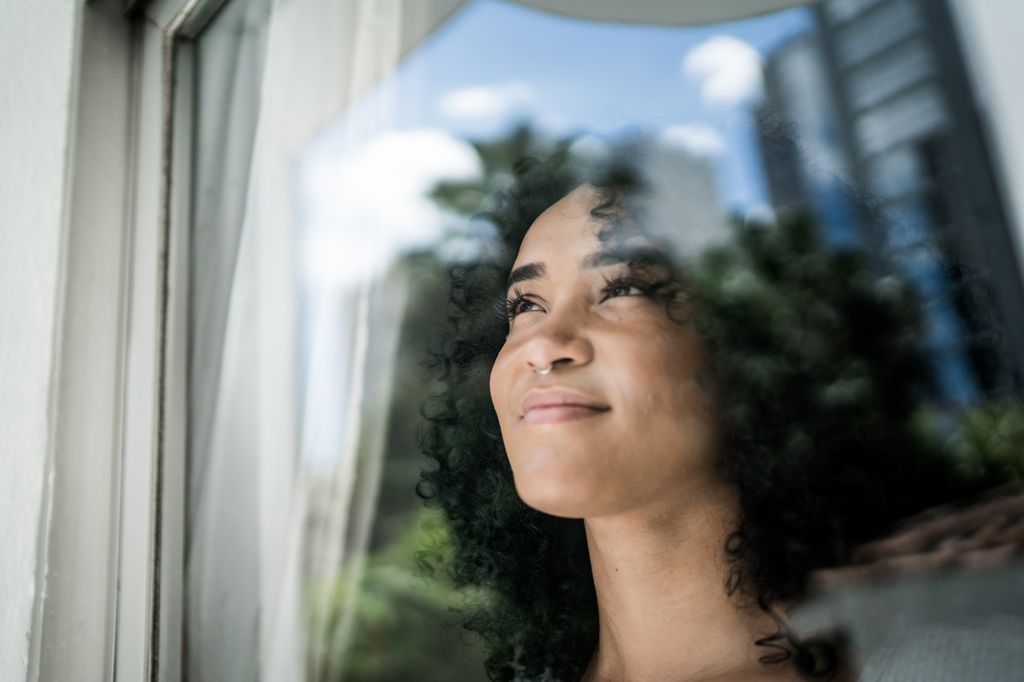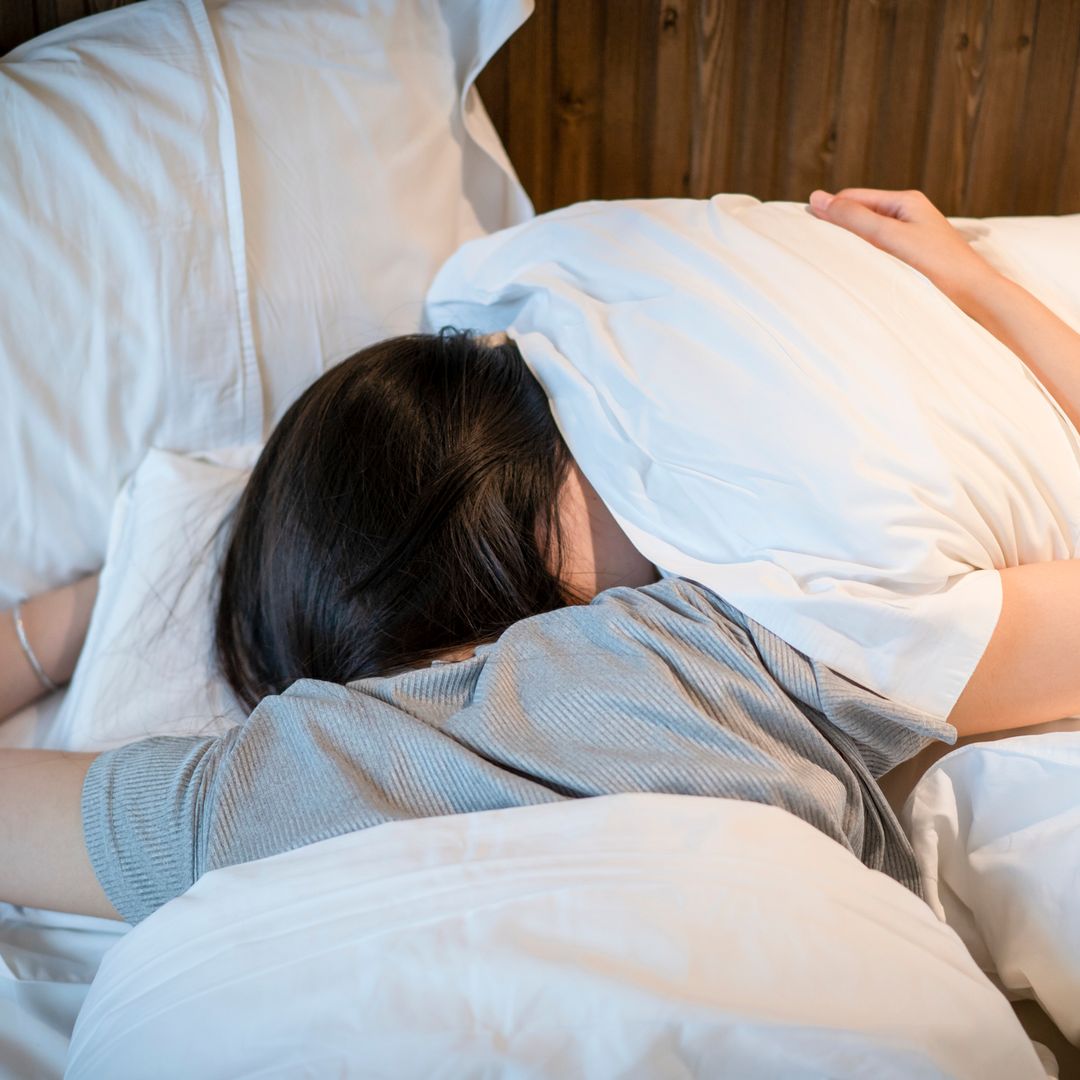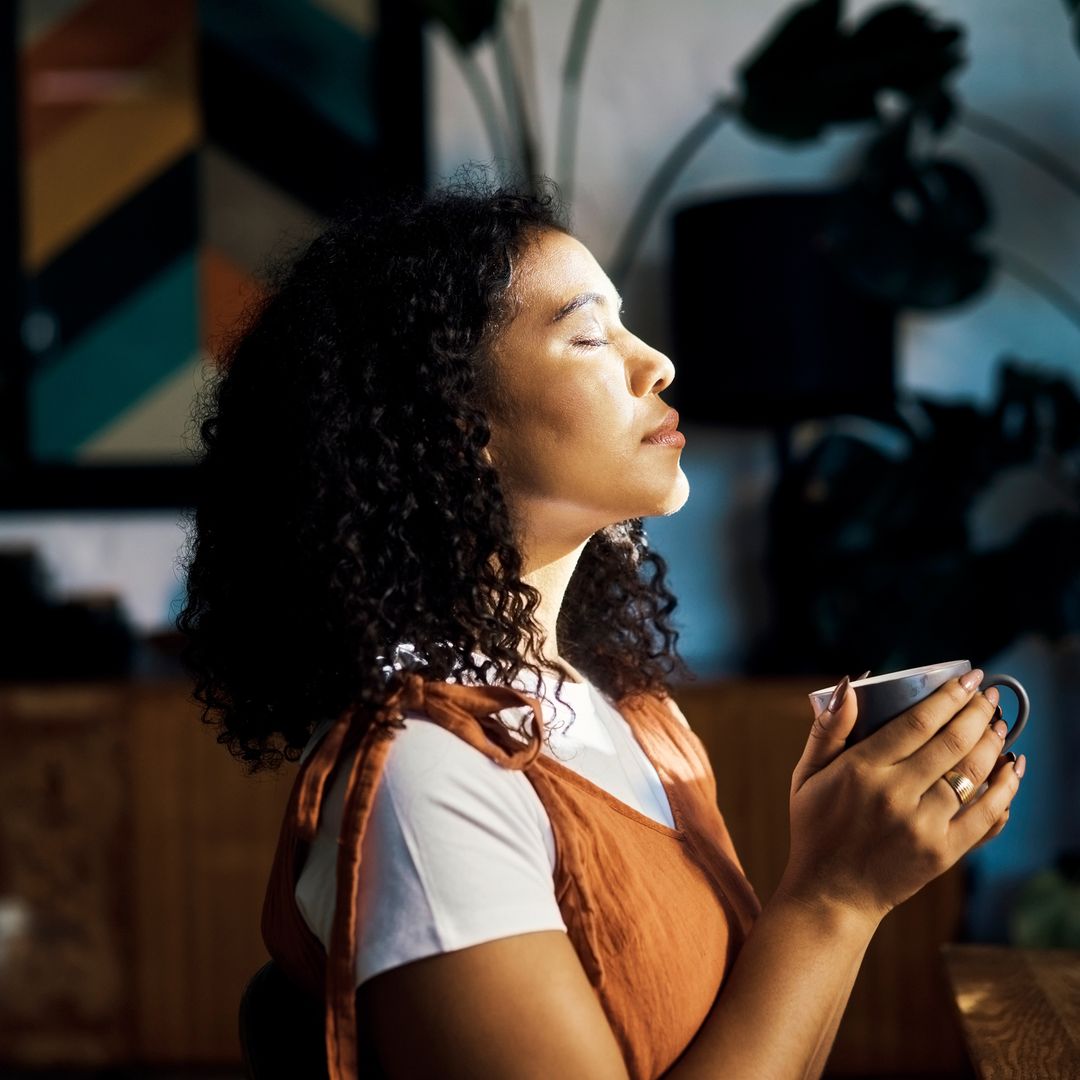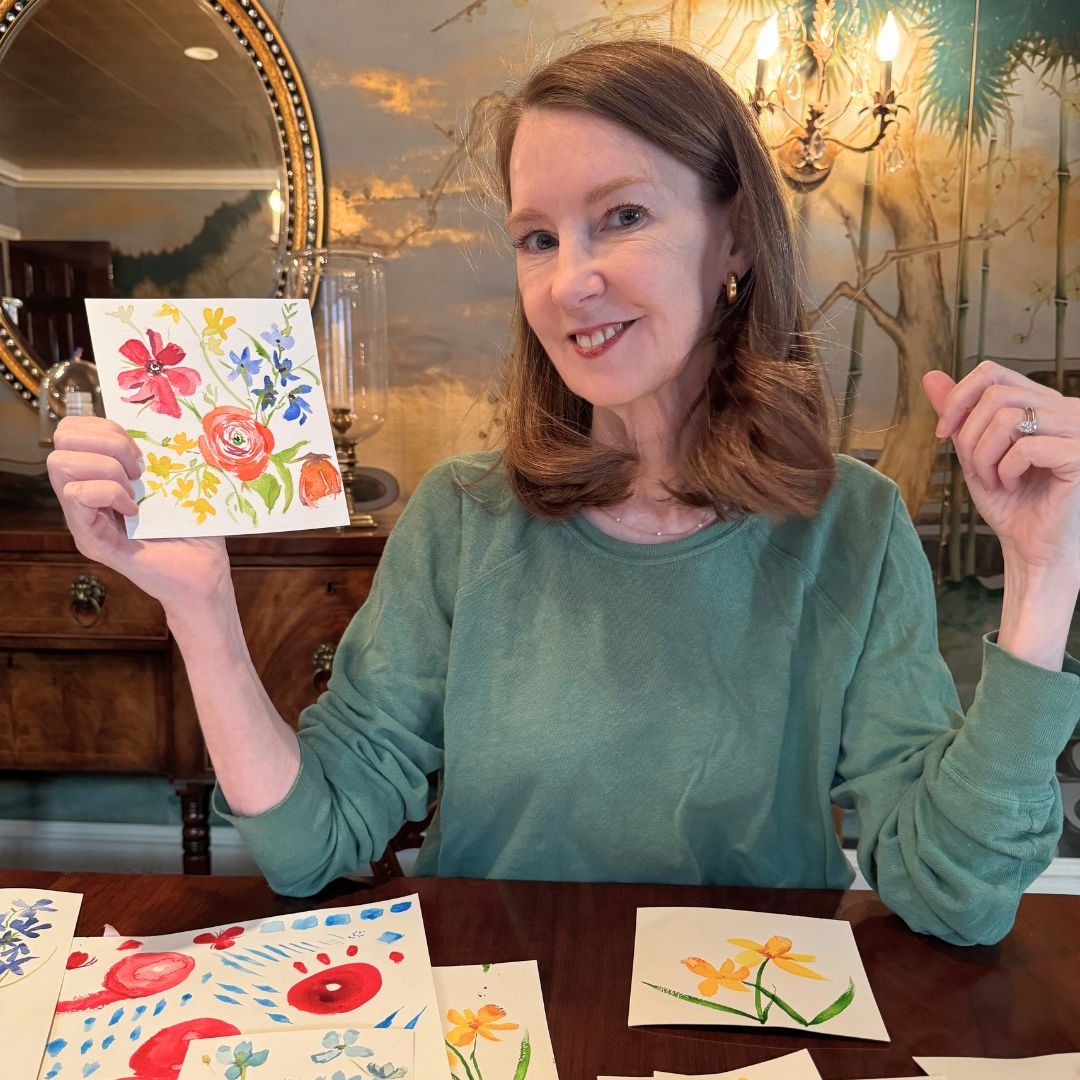Monday 20th January is supposedly the most miserable day of the year. I have some good news for you, though. Blue Monday, as the day is known, is an entirely made-up concept.
"Blue Monday was coined by psychologist Cliff Arnall in 2004 after a travel firm asked him to come up with a formula for the best day to book a holiday," says BACP registered therapist and counsellor, Natasha-Rae Adams.
"We can all breathe a sigh of relief, safe in the knowledge that we are not predestined to feel terrible on a specific day in January," adds fellow BACP registered counsellor Georgina Sturmer.
That said, if you are feeling lower than normal, you're not imagining it. "The prevalence of the term does have consequences," warns Natasha-Rae. "The belief that the third Monday in January is the most challenging of the year feeds into the idea of 'life scripting'," she explains.
"This is the notion that each of us has a 'life script,' a series of beliefs that we hold about ourselves or the world that impacts how we feel and act. Therefore, believing that Blue Monday exists can alter our behaviour on the day to actualise those feelings of lower energy or sadness."
Believing that Blue Monday is real might mean that we withdraw from the things that bring us fulfillment or joy, adds Natasha-Rae.
Negative bias also plays a part in Blue Monday feeling bleak, confirms Georgina. "If we assume that we are going to feel bad, then we look for signs to confirm our expectation. If we’re expecting Blue Monday to be bad, then we are more likely to notice the things that make us feel sad or low. And once we are already feeling this way, further negative thoughts can trap us in a downward spiral."
READ: Have you got a winter mindset? Here's how it's impacting your mood
Georgina adds that the collective crowd mentality around Blue Monday can also reinforce the idea that we will feel bad on a specific day. "If other people are talking about something, then it’s easy to subconsciously start feeling that way ourselves," she says.
How to reframe Blue Monday
"It's important to understand that there simply isn’t a factual basis for Blue Monday as a specific day that has a uniform impact on us all," says Georgina. "We are all individuals, coping with our own challenges and emotions and responses. It’s nonsensical to imagine that we would all respond the same way on the same day. "
Fellow BACP registered therapist Lindsay George agrees, adding: "Remind yourself that Blue Monday is a myth – it's no different to any other Monday. Giving yourself a little pep talk can often do the trick, however if you need a something a little more heavy-duty, here are some practical tips to help you get through the day…"
Avoid negative people
"Stay clear of negative people," says Lindsay. "You know the type; the ones that drain your energy and make you feel like you have to plug yourself into the mains to recharge your battery."
RELATED: Why do I feel sad during winter? An expert explains
Plan something nice
Whether it's treating yourself to lunch or a nice cup of coffee and a cake in the local coffee shop, Lindsay encourages self-kindness on Blue Monday. "Pamper yourself and pick activities that are replenishing rather than depleting."
Remind yourself of good times
"Looking at photographs of holidays and happy times can be a welcome distraction as well as a reminder that life can feel good and this down feeling is only temporary," Lindsay reassures.
Treat the day like any other
"I believe that Blue Monday should be treated with the same normality as every other day," Natasha-Rae says.
"The new day has the sense of opportunity that every other day holds. In the spirit of recognising that opportunity, perhaps it is a chance to check in with oneself and carry out some mental maintenance.
ADVICE: Always busy? Try these go-slow tips for a happier life
"Ask yourself what the state of your mental health is and how you can better care for yourself psychologically."
If you are feeling blue the Monday, our experts have some solid wisdom for perking up your mood…
Wear something nice
"My focus is always on my client’s internal world, their feelings and thoughts and their emotional wellbeing. But if we’re struggling with our mood, then it’s worth paying attention to our outward appearances too," says Georgina.
"This might mean fighting the urge to wear slouchy clothes and ignore our physical appearance. There’s something about the idea of ‘fake it until you make it’ that rings true here, psychologically.
INSPIRATION: How to get your fashion mojo back in your 40s and beyond
"If we proactively choose to take care of our physical appearance, it sends an internal signal that we are worthy and deserving. This can boost our confidence and self-esteem. We can even take it one step further and really pay attention to wearing clothing that brightens up our day, in a practice known as dopamine dressing."
Do something you love
"The harsh reality of January can hit us all hard," acknowledges Lindsay. "Finding time for hobbies and doing the things we enjoy can feel difficult as we may lack motivation or feel down because the bad weather keeps us inside.
"However, wrapping up and going for a walk and switching off can have an enormous impact on your health and wellbeing. By doing something you love, you are taking time out of your busy schedule and putting yourself first. Try and make this a regular part of your working day."
Know when to take a break
"Many of us struggle with the onslaught of 'new year, new me' messaging, but recognising that a healthy relationship with oneself is a process and not a destination, can loosen some of the unrealistic expectations we place on ourselves," says Natasha-Rae.
"Each second is an opportunity to try anew or again, but equally, you don’t need to constantly be improving. It’s ok to sometimes stop and notice how far you’ve come. You’re in a relationship with yourself for the long haul, so rather than punish yourself, why not be your own ally?"
Find a BACP registered therapist.













